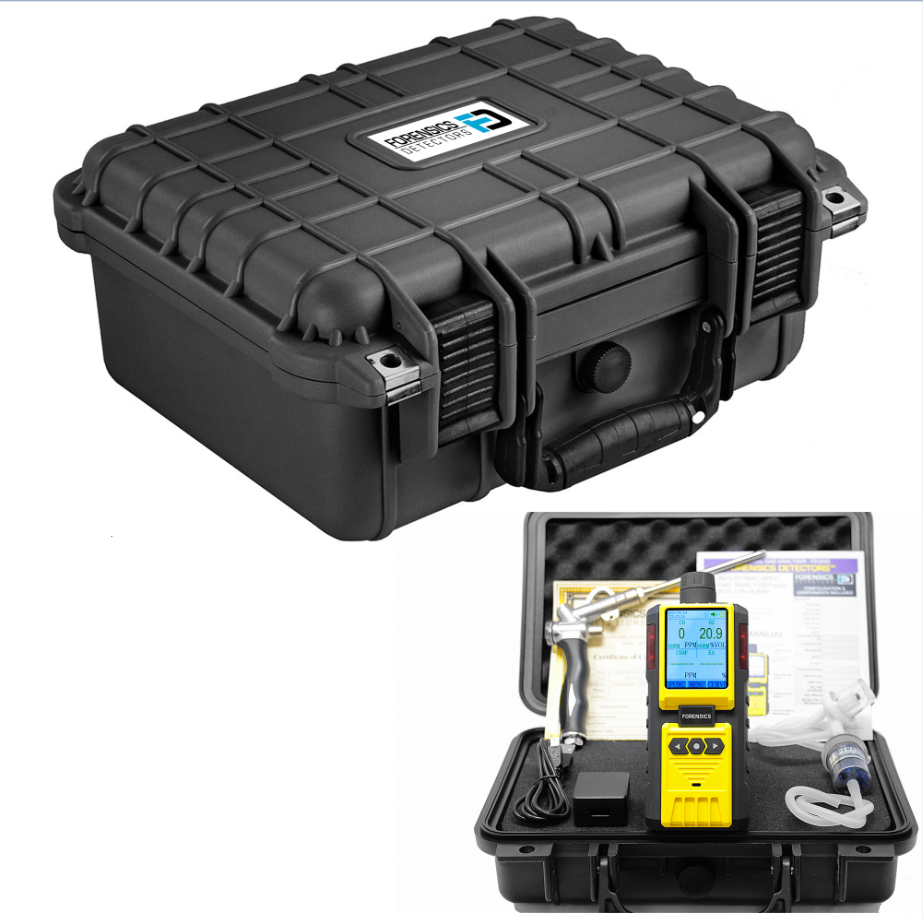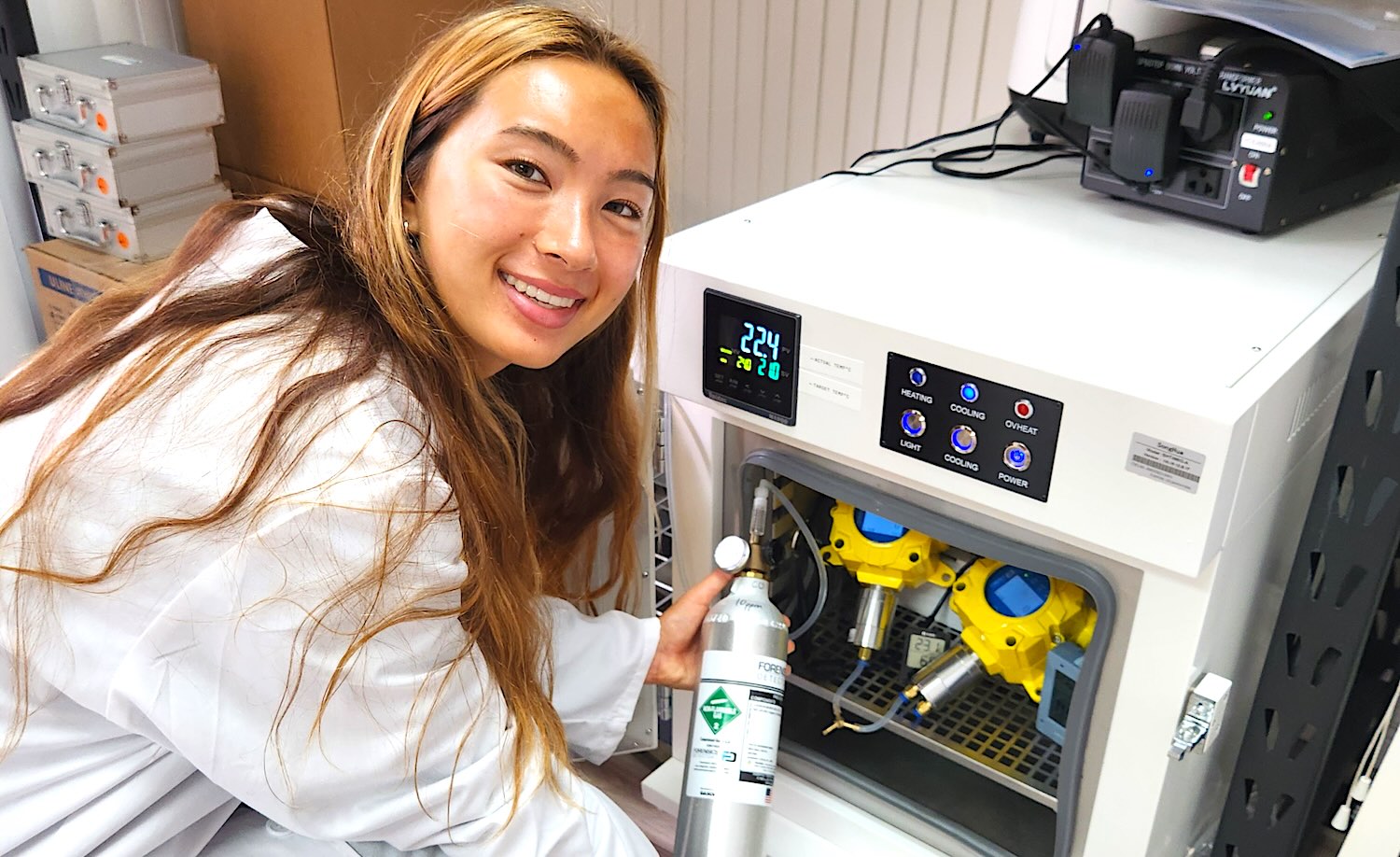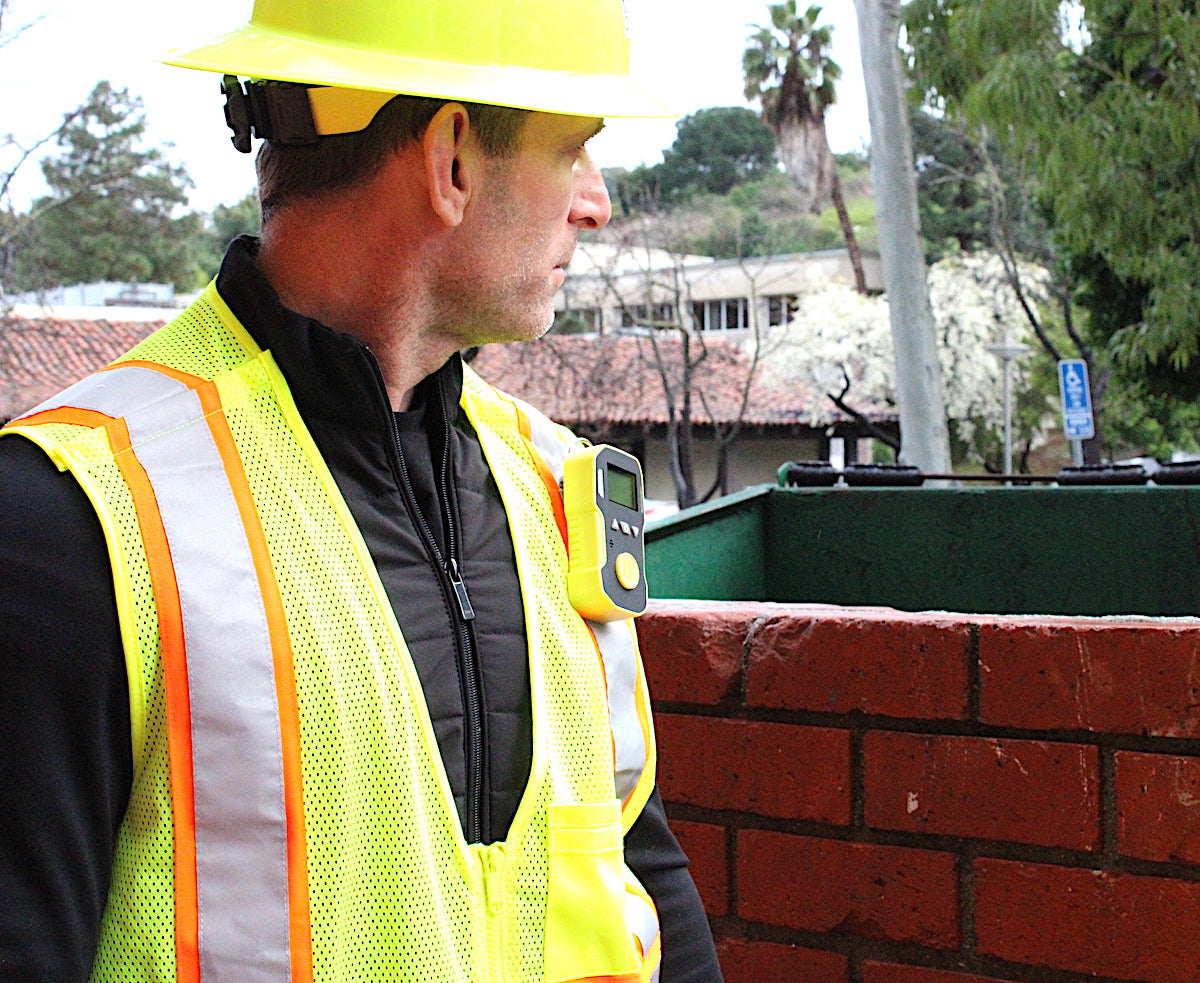Articles
Miglior Analizzatore Di Combustione (in Italia 2026)
Mejor Analizador de Combustión (en España 2026)
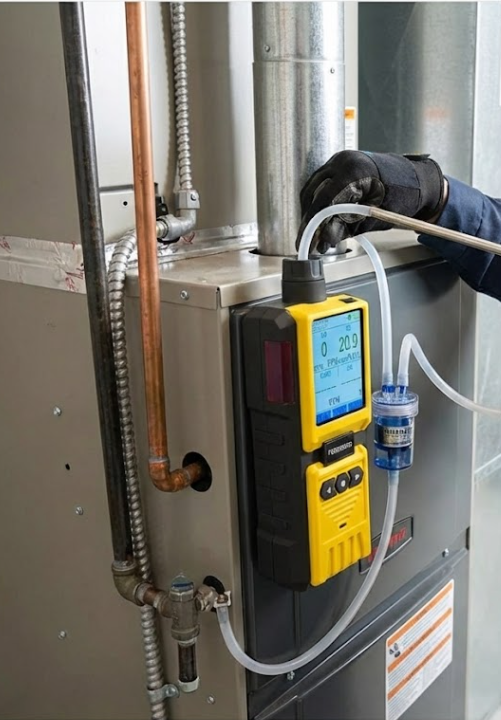
Un detector de gases combustibles es un dispositivo de seguridad diseñado para medir la concentración de gases explosivos o inflamables en el aire. Funciona detectando la presencia de estos gases en relación con su Límite Inferior de Explosividad (Lower Explosive Limit, LEL). Esta herramienta es fundamental para identificar fugas potencialmente peligrosas de diversos gases combustibles, incluidos el gas natural, el butano, el propano y otros hidrocarburos. También es eficaz para detectar vapores provenientes de solventes y alcoholes inflamables.
Bester Verbrennungsanalysator (in Deutschland 2026)
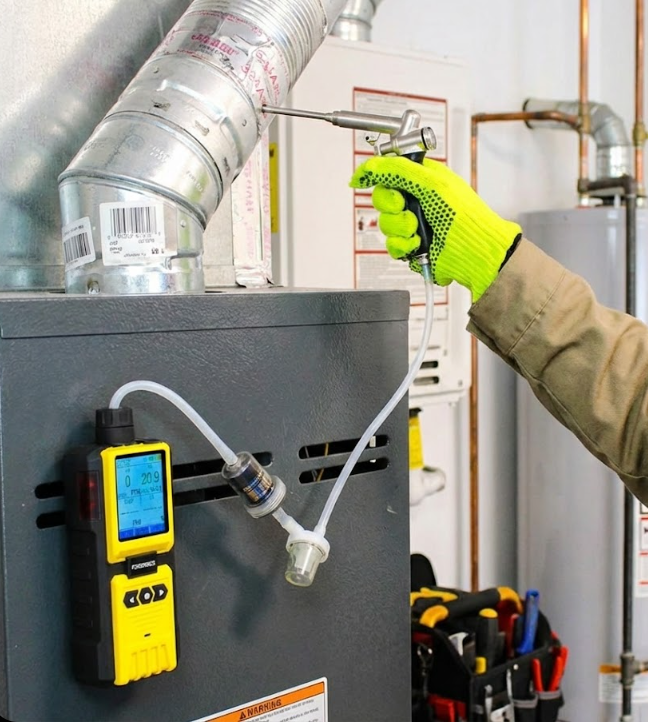
Ein brennbarer Gasdetektor ist ein Sicherheitsgerät, das dazu entwickelt wurde, die Konzentration explosiver oder brennbarer Gase in der Luft zu messen. Er funktioniert, indem er das Vorhandensein dieser Gase im Verhältnis zu ihrer unteren Explosionsgrenze (Lower Explosive Limit, LEL) erkennt. Dieses Gerät ist entscheidend für die Identifizierung potenziell gefährlicher Leckagen verschiedener brennbarer Gase, einschließlich Erdgas, Butan, Propan und anderer Kohlenwasserstoffe.
Meilleur Analyseur De Combustion (en France en 2026)
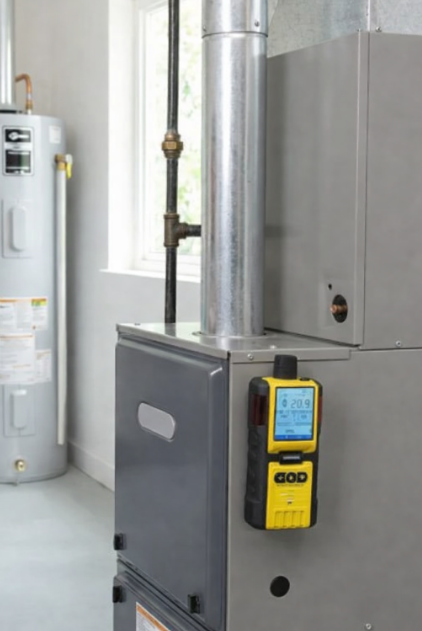
Un détecteur de gaz combustibles est un dispositif de sécurité conçu pour mesurer la concentration de gaz explosifs ou inflammables dans l’air. Il fonctionne en détectant la présence de ces gaz par rapport à leur limite inférieure d’explosivité (Lower Explosive Limit, LEL). Cet outil est essentiel pour identifier les fuites potentiellement dangereuses de divers gaz combustibles, notamment le gaz naturel, le butane, le propane et d’autres hydrocarbures. Il est également efficace pour détecter les vapeurs provenant de solvants inflammables et d’alcools. En alertant les utilisateurs de la présence de ces gaz avant qu’ils n’atteignent des niveaux dangereux, les détecteurs de gaz combustibles jouent un rôle essentiel dans la prévention des accidents et la garantie de la sécurité, tant dans les environnements industriels que résidentiels.
Miglior Rilevatore Di Fumo Di Sigaretta (in Italia 2026)
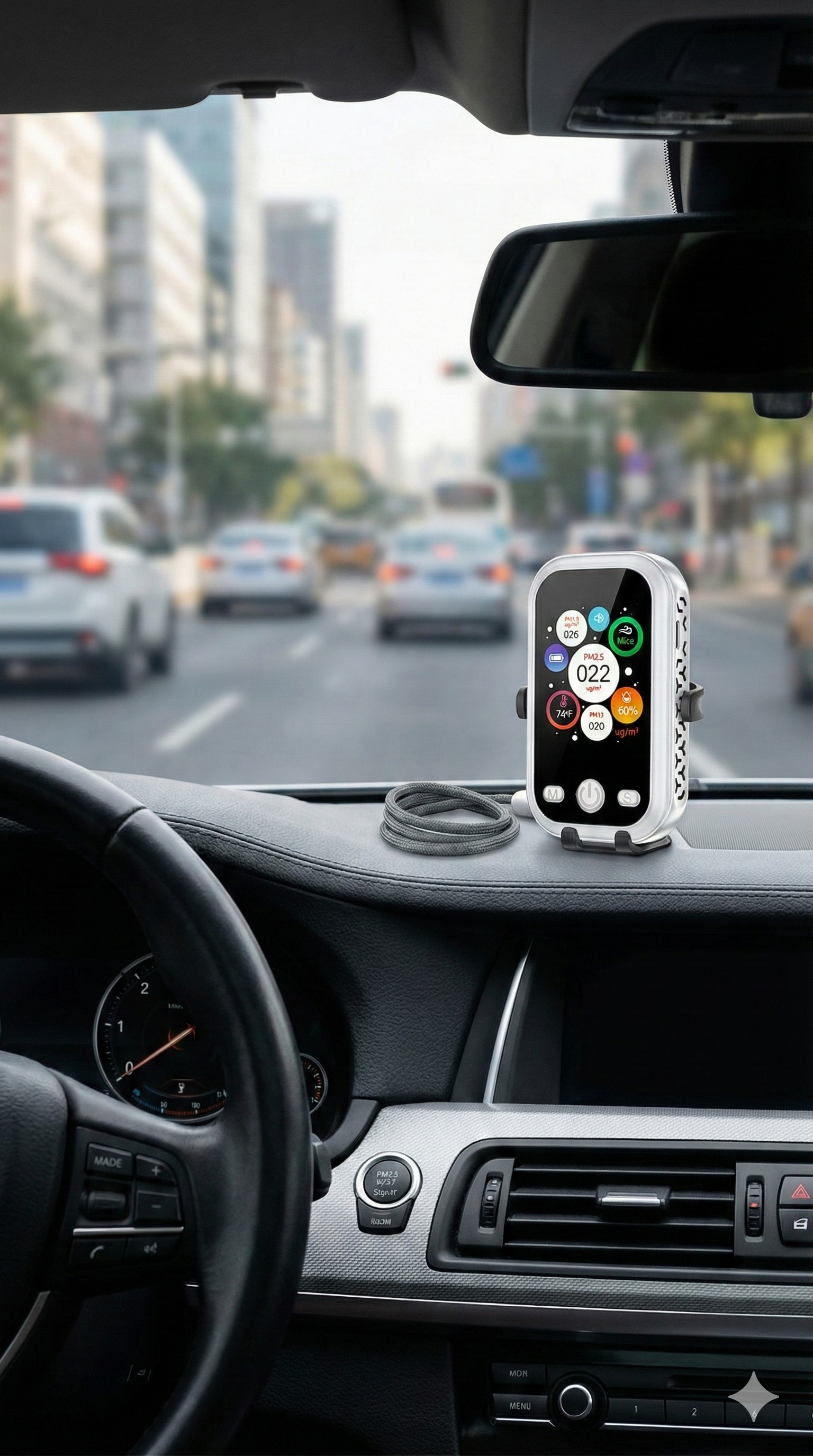
I rilevatori di fumo di sigarette, cannabis e vape vengono utilizzati per identificare il fumo in spazi interni dove è vietato fumare. Sigarette, cannabis e vape i rilevatori di fumo offrono una soluzione per proprietari di immobili in affitto, hotel, aziende e genitori preoccupati per l’odore persistente e i rischi per la salute associati al fumo indoor. Utilizzando una tecnologia avanzata di rilevamento laser dei gas, questi dispositivi rilevano con precisione la presenza di fumo di sigaretta e avvisano gli utenti, consentendo un intervento rapido
El Mejor Detector De Humo De Cigarrillos (en España, 2026)

Los detectores de humo de cigarrillos, cannabis y vapeo se utilizan para identificar el acto de fumar en espacios interiores donde está prohibido. Cigarette, weed and vape Los detectores de humo ofrecen una solución para propietarios de viviendas en alquiler, hoteles, empresas y padres preocupados por los olores persistentes y los riesgos para la salud asociados con fumar en interiores. Mediante el uso de tecnología avanzada de detección por láser de gases, estos dispositivos detectan con precisión el humo del cigarrillo y alertan a los usuarios de su presencia, lo que permite una intervención rápida.
Meilleur Détecteur De Fumée de Cigarette (en France en 2026)

Les détecteurs de fumée de cigarette, de cannabis et de vape sont utilisés pour identifier le fait de fumer dans des espaces intérieurs où cela est interdit. Cigarette, weed and vape Les détecteurs de fumée offrent une solution aux propriétaires de biens locatifs, aux hôtels, aux entreprises ainsi qu’aux parents préoccupés par les odeurs persistantes et les risques sanitaires associés au tabagisme en intérieur. En utilisant une technologie avancée de détection par laser à gaz, ces dispositifs détectent avec précision la fumée de cigarette et alertent les utilisateurs de sa présence, permettant une intervention rapide.
El mejor detector de humo de cigarrillos (actualizado en Alemania en 2026)

Zigaretten-, Cannabis- und Vape-Rauchmelder werden verwendet, um Rauchen in verbotenen Innenräumen zu erkennen. Zigaretten-, Cannabis- und Vape-Rauchmelder bieten eine Lösung für Eigentümer von Mietobjekten, Hotels, Unternehmen und Eltern, die sich Sorgen über anhaltende Gerüche und gesundheitliche Risiken durch Rauchen in Innenräumen machen. Durch den Einsatz fortschrittlicher Gas-Laser-Detektionstechnologie erkennen diese Geräte Zigarettenrauch präzise und alarmieren Benutzer über dessen Vorhandensein, sodass schnell eingegriffen werden kann.
Bester Radondetektor (in Deutschland 2026)
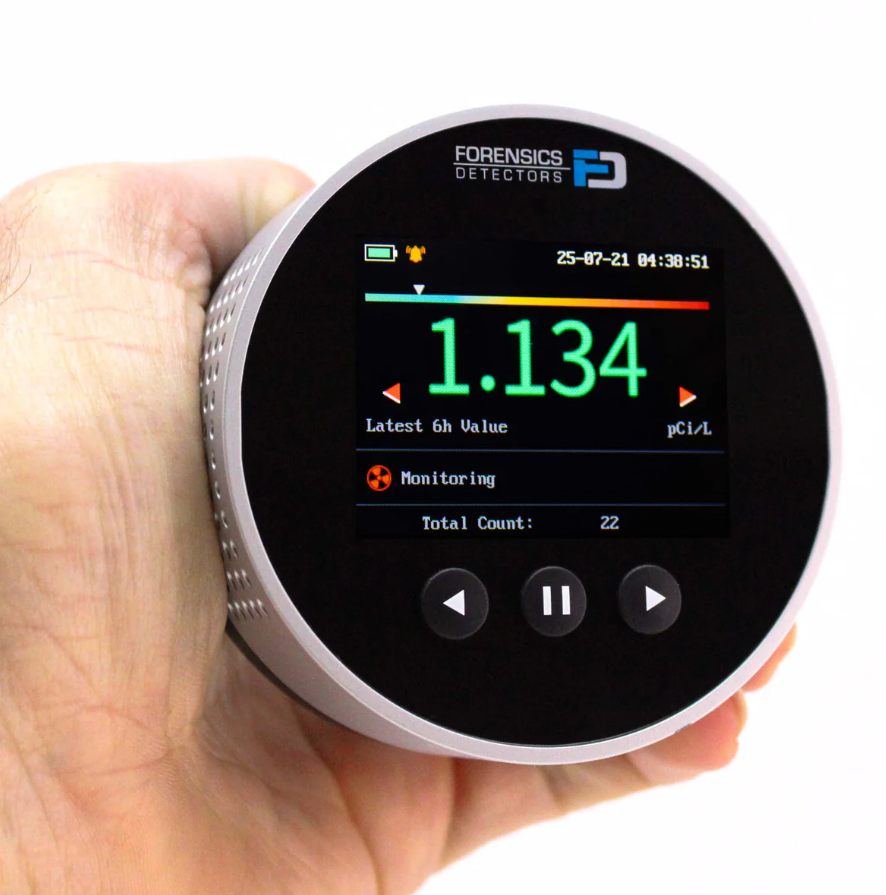
Ein Radondetektor wird verwendet, um Radongas zu erkennen – ein unsichtbares, geruchloses Gas, das aus dem Boden in Wohnhäuser eindringt. Radon ist in den USA die zweithäufigste Ursache für Lungenkrebs und fordert jährlich rund 21.000 Todesopfer. Diese stille Gefahr bleibt in Millionen von Haushalten unentdeckt, ist jedoch durch geeignete Mess- und Minderungssysteme vermeidbar.
Miglior Rilevatore Di Radon (in Italia 2026)
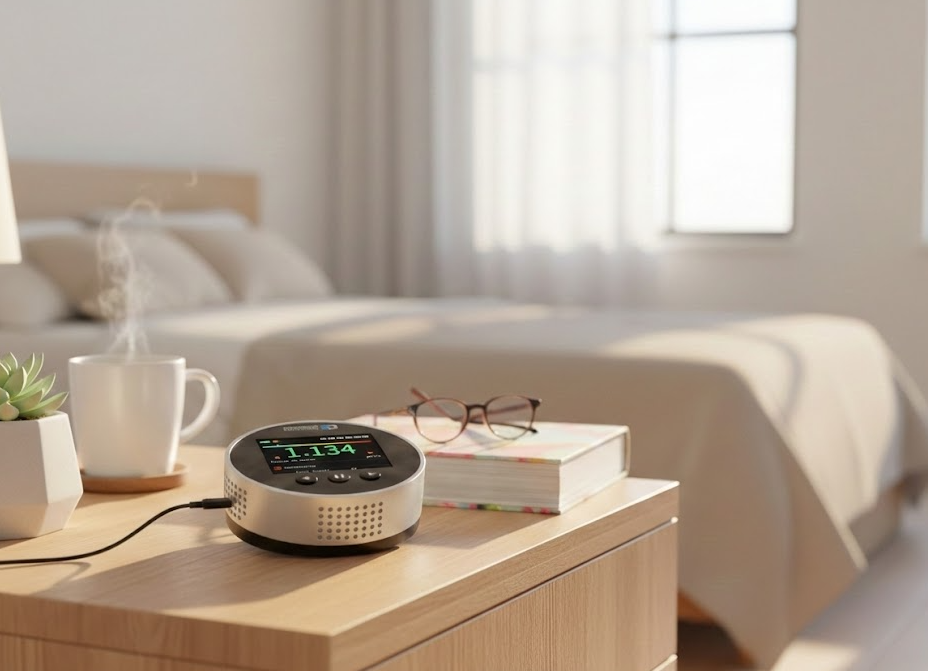
Un rilevatore di radon viene utilizzato per rilevare il gas radon, un gas invisibile e inodore che filtra dal terreno all’interno delle abitazioni. È la seconda causa principale di cancro ai polmoni negli Stati Uniti, con circa 21.000 decessi ogni anno. Questa minaccia silenziosa rimane non rilevata in milioni di case, ma può essere prevenuta tramite sistemi adeguati di rilevamento e mitigazione. I rilevatori di radon fungono da strumenti di sicurezza primaria monitorando i livelli di concentrazione e fornendo un allarme precoce in presenza di condizioni potenzialmente pericolose.
Meilleur Détecteur De Radon (en France en 2026)

Un détecteur de radon est utilisé pour détecter le gaz radon, un gaz invisible et inodore qui s’infiltre du sol dans les habitations. Il s’agit de la deuxième cause principale de cancer du poumon aux États-Unis, avec environ 21 000 décès chaque année. Cette menace silencieuse passe inaperçue dans des millions de foyers, mais elle peut être évitée grâce à des systèmes appropriés de détection et d’atténuation. Les détecteurs de radon servent d’instruments de sécurité primaires en surveillant les niveaux de concentration et en fournissant une alerte précoce en cas de conditions potentiellement dangereuses.
El Mejor Detector De Radón (en España 2026)

Un detector de radón se utiliza para detectar el gas radón, un gas invisible e inodoro que se filtra desde el suelo hacia el interior de las viviendas. Es la segunda causa principal de cáncer de pulmón en los Estados Unidos, causando aproximadamente 21.000 muertes al año. Esta amenaza silenciosa pasa desapercibida en millones de hogares, pero puede prevenirse mediante sistemas adecuados de detección y mitigación. Los detectores de radón sirven como instrumentos de seguridad primarios al monitorear los niveles de concentración y proporcionar una alerta temprana ante condiciones potencialmente peligrosas
Il Miglior Rilevatore Di Monossido Di Carbonio Da Viaggio (in Italia per il 2026)

Un rilevatore portatile di monossido di carbonio (CO) da viaggio è un dispositivo compatto progettato per monitorare e avvisare della presenza di questo gas incolore, inodore e potenzialmente letale quando si è lontani da casa. Il CO viene prodotto dalla combustione incompleta di combustibili come gas naturale, propano, legna e benzina, rendendolo un rischio comune in molte strutture ricettive e mezzi di trasporto.
Meilleur Détecteur De Monoxyde De Carbone De Voyage (en France pour 2026)
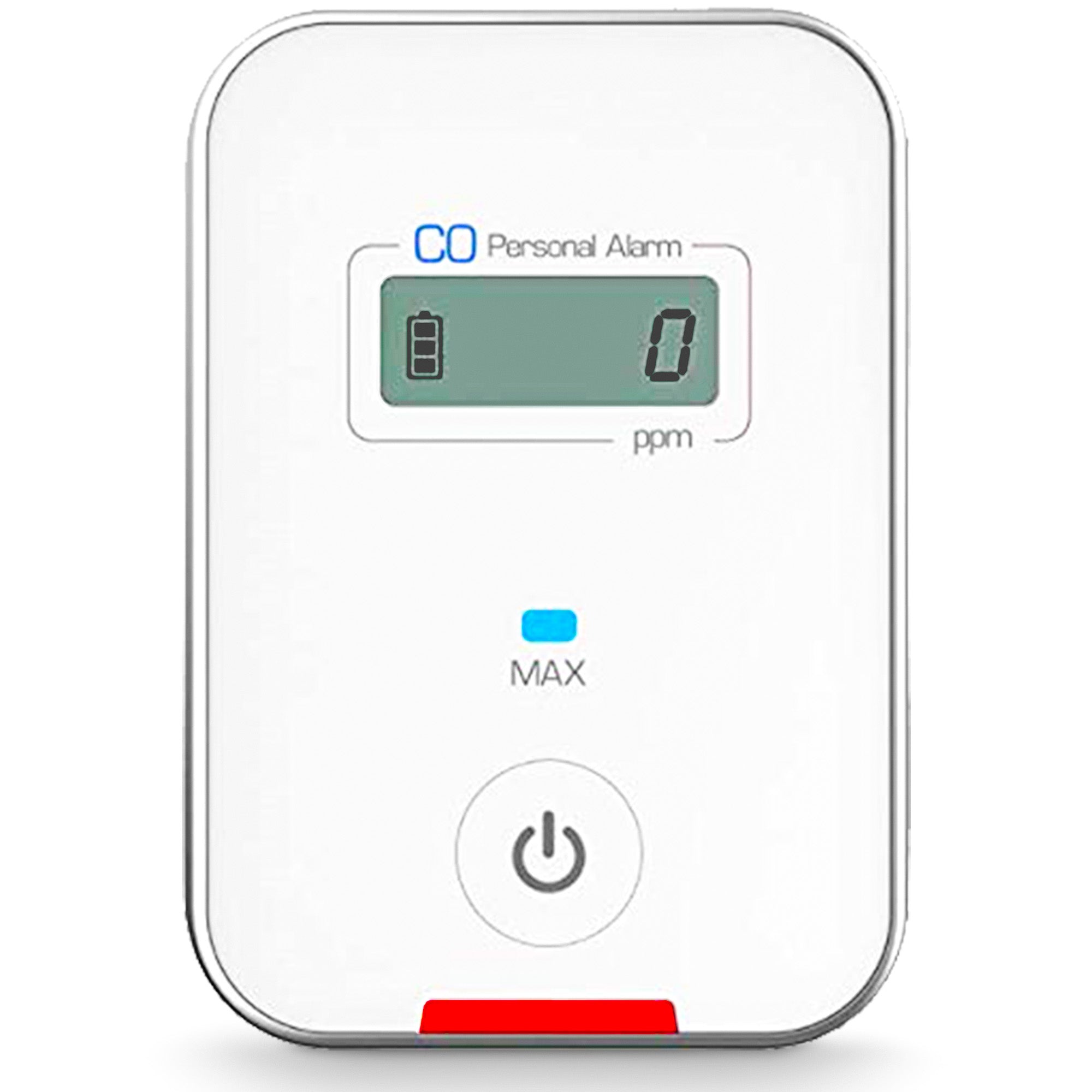
Un détecteur portable de monoxyde de carbone (CO) de voyage est un appareil compact conçu pour surveiller et alerter les utilisateurs de la présence de ce gaz incolore, inodore et potentiellement mortel lorsqu’ils sont loin de chez eux. Le CO est produit par la combustion incomplète de combustibles tels que le gaz naturel, le propane, le bois et l’essence, ce qui en fait un risque courant dans de nombreux hébergements et moyens de transport.
El Mejor Detector De Monóxido De Carbono Para Viajes (en España en 2026)

Un detector portátil de monóxido de carbono (CO) para viajes es un dispositivo compacto diseñado para monitorear y alertar a los usuarios sobre la presencia de este gas incoloro, inodoro y potencialmente mortal cuando están fuera de casa. El CO se produce por la combustión incompleta de combustibles como gas natural, propano, madera y gasolina, lo que lo convierte en un riesgo común en muchos alojamientos y medios de transporte.
Bester Reise-Kohlenmonoxidmelder (in Deutschland für 2026)

Ein tragbarer Kohlenmonoxid- (CO-)Detektor ist ein mobiles Gerät, das entwickelt wurde, um Anwender unterwegs vor diesem farb- und geruchlosen sowie potenziell tödlichen Gas zu warnen. CO entsteht durch die unvollständige Verbrennung von Brennstoffen wie Erdgas, Propan, Holz und Benzin und stellt daher in vielen Reiseunterkünften und Verkehrsmitteln ein Risiko dar.
SF6 Gas Detector (Best in 2026)
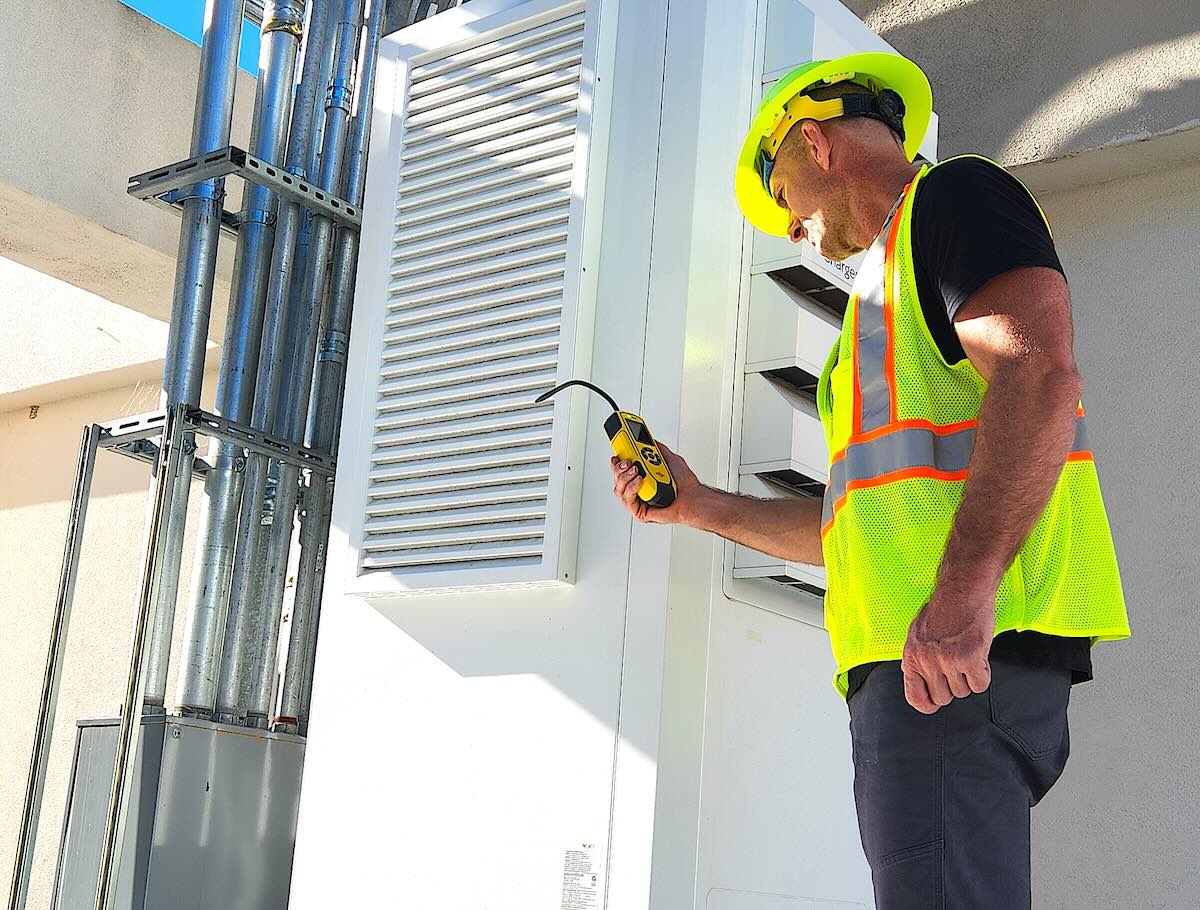
Sulfur hexafluoride (SF6) is a colorless, odorless, non-toxic but potent greenhouse gas widely used in electrical equipment as an insulating medium. With a global warming potential 23,500 times greater than CO2 and an atmospheric lifetime of 3,200 years, monitoring and preventing SF6 leaks is critical for environmental protection and regulatory compliance. SF6 gas detectors serve as essential tools for identifying leaks in high-voltage switchgear, circuit breakers, and other electrical equipment where this gas is commonly used. The SF6 gas detector has become an indispensable instrument for maintenance teams and environmental compliance officers worldwide.
Best Geiger Counter (in 2026)
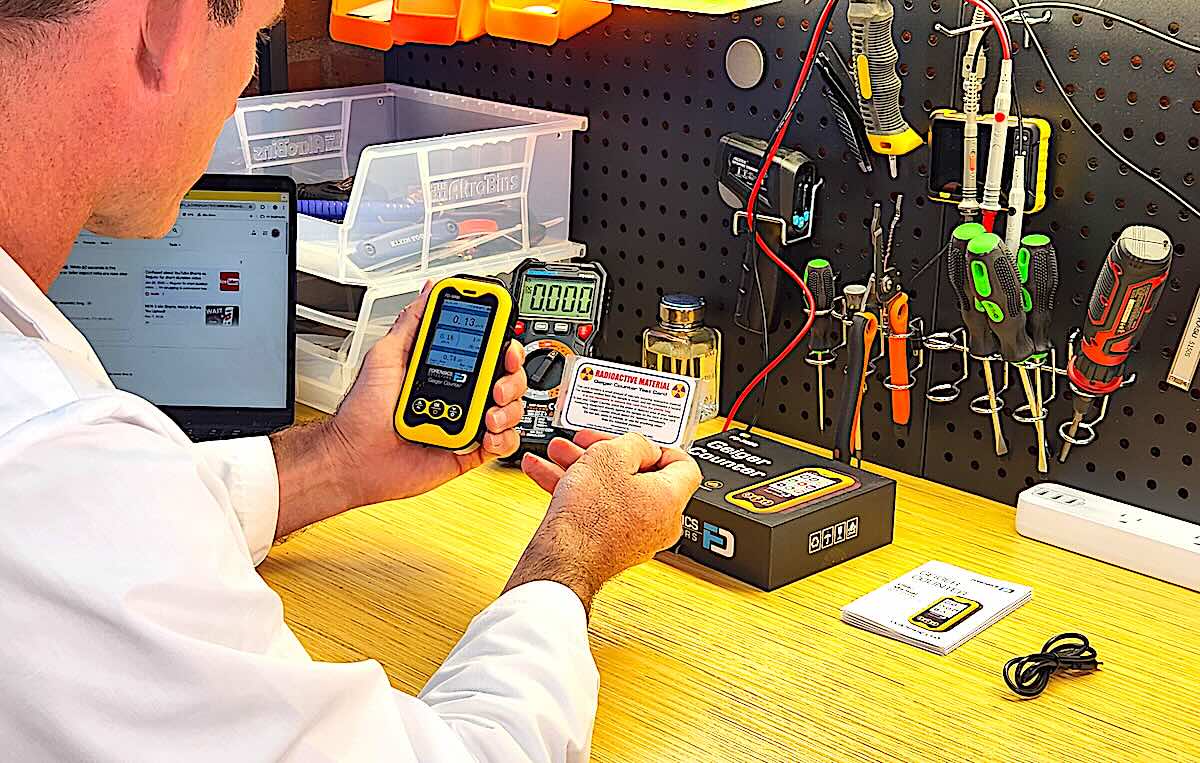
The Geiger counter, a crucial radiation detector and measuring device, enables the detection of potentially harmful ionizing radiation that is imperceptible to human senses. This radiation detector and Geiger counter functions by registering electrical pulses created when radiation particles enter a gas-filled tube, producing the characteristic clicking sound that increases with radiation intensity. The significance of the radiation detector and Geiger counter cannot be overstated in numerous applications—from ensuring safety in nuclear facilities and medical settings to environmental monitoring after nuclear incidents, and enabling scientific research involving radioactive materials. As our most accessible and reliable radiation detector and Geiger counter, these instruments have played a vital role in radiation safety for nearly a century, potentially saving countless lives through early detection of dangerous radiation levels.

